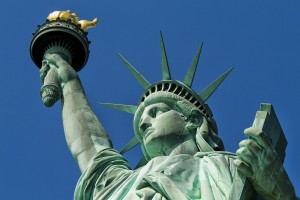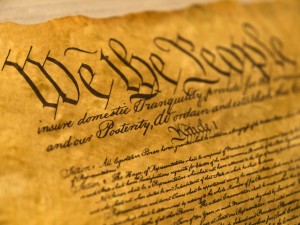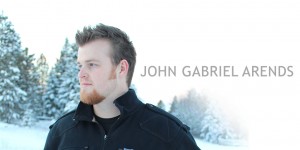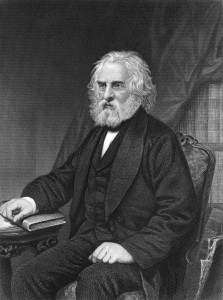Several months after my friend Terry died, I pulled out an Early American songbook to play something familiar on my piano. It was an ordinary afternoon. I started with the marching chords of The Battle Hymn of The Republic. As the opening words streamed through my thoughts, I considered their meaning—as if for the very first time.
Mine eyes have seen the glory of the coming of the Lord…
I realize those printed lyrics aren’t going to have the same impact on you as they did on me that day. It’s hard to describe the rush of emotion that came over me. I couldn’t play another note. I folded my arms on the piano and wept with great sighing sobs.
It was so unexpected.
 The Holy Spirit suddenly overwhelmed the grief rising up in my heart—with hope. He melded together His plan for good with my earthly disappointment, surrounding me with a tangible presence of love. I was undone.
The Holy Spirit suddenly overwhelmed the grief rising up in my heart—with hope. He melded together His plan for good with my earthly disappointment, surrounding me with a tangible presence of love. I was undone.
In a way, the cross itself was an intersection love, hope, and sorrow…
See from His head, His hands, His feet,
Sorrow and love flow mingled down!
Did e’er such love and sorrow meet,
Or thorns compose so rich a crown?
God is known for surprise visits.
 He moves us beyond the natural to the spiritual, from the temporal to the eternal, from the loneliness of sorrow to the fullness of His love. He doesn’t give up when we do. Author Gregory Boyle calls it the “no-matter-what-ness of God.”Continue reading
He moves us beyond the natural to the spiritual, from the temporal to the eternal, from the loneliness of sorrow to the fullness of His love. He doesn’t give up when we do. Author Gregory Boyle calls it the “no-matter-what-ness of God.”Continue reading















